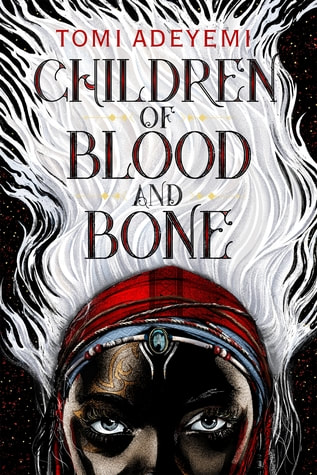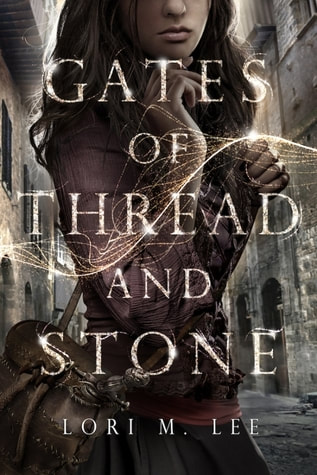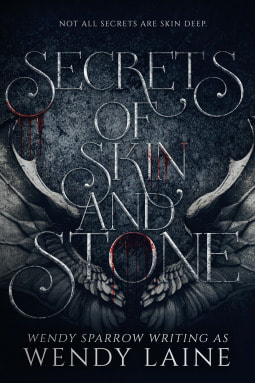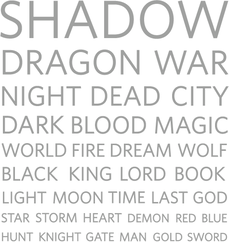This brings up a great point. Isn't it plagiarizing to steal another author's title, especially if the first book was a success?
Well...no. And that brings us to today's #pubtip: You can't copyright a book title. And once you spend some time thinking about it, you'll know that's obvious, because lots of books share the same titles! Sometimes it's titles that don't seem particularly original, e.g., the many romance novels called something like Forbidden Love." But sometimes this happens even with titles that feel as though they ought to be unique. I can only imagine how it felt to the authors (and their agents and editors) to discover that Mitchell's CLOUD ATLAS and Callanan's THE CLOUD ATLAS were both being published in 2004.
That's a weird coincidence, right? Imagine harboring a phrase like "Cloud Atlas" in your heart for years and then...someone else has it too?! It's like planning to name your baby something unique and then seeing it on your sister-in-law's birth announcement.
(For the record, I feel compelled to say I have neither reserved nor infringed on any baby names, but there's a lot of crossover between the protectiveness people feel about their intellectual babies and their actual children. Just know that for book babies and human babies, "dibs" is not enforceable through copyright law.)
Now, does this mean you can run out right now and write a book called "Harry Potter and the Chicken Casserole"? Again: well...no. Titles are not copyrightable, but distinct words or symbols of a brand are trademarkable, and J.K. Rowling did indeed trademark Harry Potter and some associated intellectual property. (Fuzzy on the distinction? Many are, so here's a good explainer from GalleyCat (RIP) on the difference between copyright and trademarks and how they each work with book titles.)
Coincidences like the two "Cloud Atlas" books happen, and title trends come and go. The book title that started this whole conversation, Tomi Adeyemi's, is part of a trend in book titles that is going strong and has been for a while. In fact, I included her book in a roundup of similar titles from last year in this Tweet about upcoming SFF titles. Here are some examples of the type:









 RSS Feed
RSS Feed